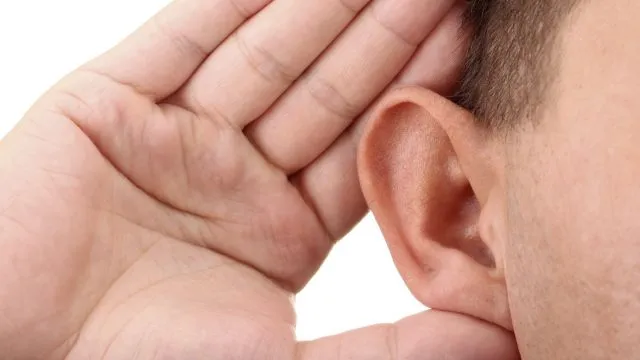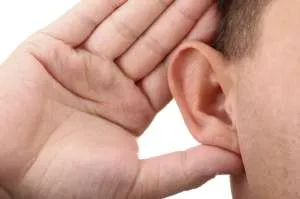
- Share on Facebook19
- Share on Pinterest
- Share on Twitter
Listening and letting others know they’re being heard is one of the most important skills we can develop in our personal and professional lives. Whether you need to improve your listening skills for work, or to do a better job of making your spouse or kids feel heard and understood, these nine tips will help!
1. Look at the speaker
You may be perfectly able to listen to someone and look elsewhere at the same time, but most people will not feel heard unless your eyes are on them. Not only will this reassure the speaker that you are listening, it will also prevent you from getting distracted by the other things that may be going on around you.
2. Give non-verbal cues
Nod periodically to show you that you’re able to follow what the speaker is saying. Make eye contact with them to show that your attention is on them. Use facial expressions that show you understand the emotional arc of what they’re saying (smiling or laughing, looking surprised, sympathetic, etc.) when appropriate.
3. Don’t multi-task
Nothing will make good listening more difficult than multi-tasking. Before you have an important conversation with someone, put your phone, magazine, or computer away, and give the person your complete attention.
4. Don’t interrupt
Interrupting shows that either you’re not interested in what the speaker is saying, or you already think you know what they’re going to say. In both cases, the speaker will probably be offended, and it may put a strain on the conversation and future communication.
5. Don’t assume
Even if you are 99 percent sure you know what the person is about to say, or where the story is going—keep listening. Don’t interrupt, and don’t stop paying attention because you think you know what’s coming next. The best listeners remain attentive and mindful.
6. Confirm what you think they said
Before you ask questions, give your opinion, or expand on what the speaker said, briefly summarize what you understood them to be saying. This will allow the speaker to feel confident that they were heard and understood, and allow you to make sure that what you ask and share is relevant to the conversation.
7. Ask questions
 Questions can serve multiple purposes. If someone wants your advice or you’re trying to problem solve, it’s important that you know exactly what the situation is so you can provide the most help. If the speaker is simply looking for understanding or empathy, questions can help to show that you are interested, and make them feel more validated and understood.
Questions can serve multiple purposes. If someone wants your advice or you’re trying to problem solve, it’s important that you know exactly what the situation is so you can provide the most help. If the speaker is simply looking for understanding or empathy, questions can help to show that you are interested, and make them feel more validated and understood.
8. Determine whether your opinion is wanted
Sometimes people are looking for advice or to solve a problem, other times they just want to vent and get sympathy. Determining which kind of conversation you’re in is crucial for making the other party feel understood and secure. If you can’t figure this out through non-verbal cues, then ask!
‘Would you like to know what I think?’ and ‘Would you be interested to hear what I would do/what I think you should do?’ are fine questions to ask.
9. Empathize
If the speaker is looking for your support and not your advice, try to show that you empathize with them. Using simple words, phrases, or sounds such as ‘yeah,’ ‘mmm,’ ‘awww,’ ‘I hear you,’ ‘that’s no fun,’ or ‘I would feel the same way,’ can be very effective in making the other person feel heard and validated. When appropriate, intimate body language such as hand squeezes and hugs can also be highly comforting.
Listening well is a skill that we can all develop—it just takes practice. Though it may be a challenge, it’s definitely worth it, as it’s one of the greatest gifts we can give in our relationships.
-The Alternative Daily
Sources:
http://psychcentral.com/blog/archives/2013/09/21/7-tips-to-become-a-better-listener
https://www.psychologytoday.com/blog/how-do-life/201405/how-become-better-listener
http://www.wikihow.com/Become-a-Better-Listener
- Share on Facebook19
- Share on Pinterest
- Share on Twitter

